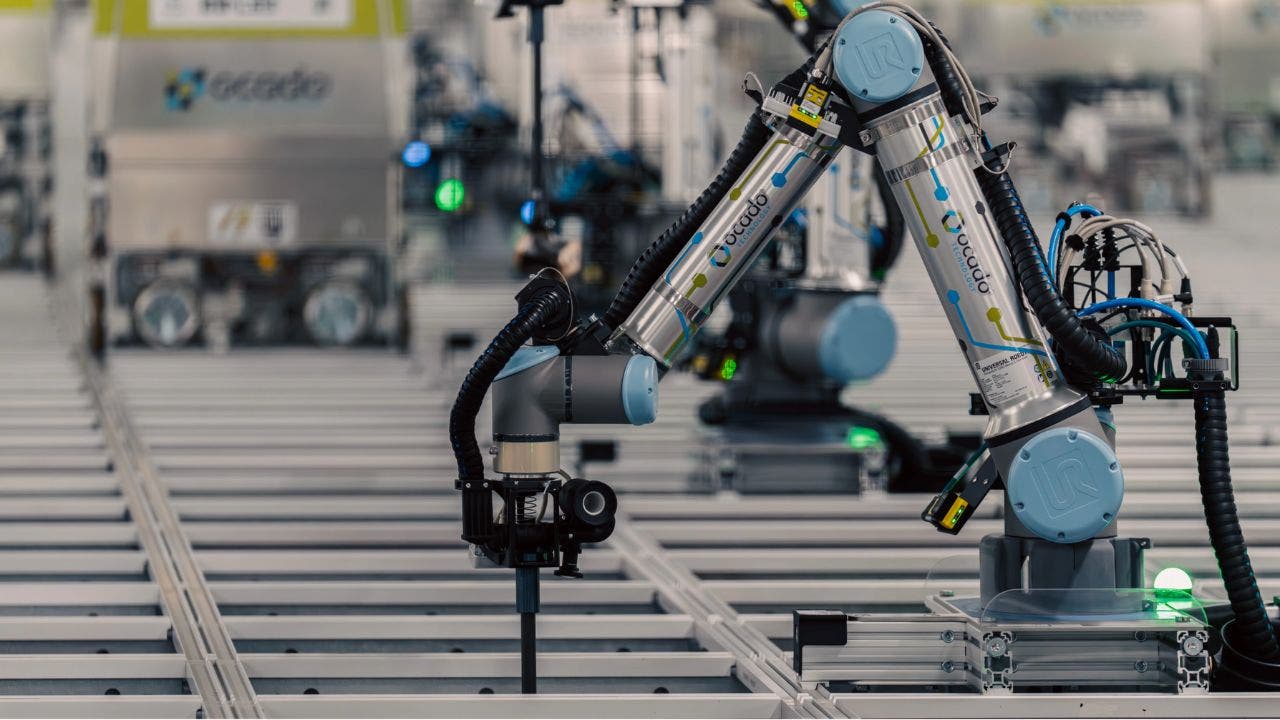Daniel Dines Returns as CEO of UiPath: A Deep Dive into RPA and Agentic AI

In today's episode of Decoder, host Nilay Patel engages in an insightful conversation with Daniel Dines, the co-founder and once again the CEO of UiPath, a pioneering software company specializing in robotic process automation (RPA). Their discussion shines a light on the remarkable journey of Dines, who has been a prominent figure in the tech industry since founding UiPath nearly two decades ago.
Dines first appeared on the Decoder podcast in 2022, around the time when he transitioned to a co-CEO model with Rob Enslin, a former executive from Google Cloud. The intention was to leverage Enslin's extensive background to guide UiPath through its post-IPO phase. Following a series of leadership changes, including Dines stepping down to focus on innovation and Enslin eventually resigning, Dines reclaimed his position as the sole CEO less than six months later.
This pattern of founders returning to lead their companies after bringing in external CEOs has become a recurring theme in tech. In their conversation, Dines and Patel delve into the motivations behind Dinesâ decisions, discussing the significant choices he made during both his departure and return. As a long-time listener of Decoder, Patel expresses an interest in the nuanced phases of these narratives that often get overlooked.
However, the conversation extends beyond leadership changes; it also tackles the broader implications of UiPath's technology in an evolving landscape increasingly dominated by AI, particularly agentic AI, which aims to seamlessly navigate the internet and perform tasks on behalf of users.
UiPath has been primarily known for its RPA solutions, which have existed since the early 2000s. These systems serve a critical need for organizations seeking to enhance operational efficiency without the risks associated with overhauling aged software. For instance, a hospital grappling with outdated billing software can either invest millions in upgrading its systems or opt for an RPA solution from UiPath, significantly reducing risk while improving user experience and efficiency.
Despite this successful model, the emergence of agentic AI is transforming the automation landscape. Dines must now strategize on how to integrate and deploy AI within UiPath's offerings to avoid obsolescence. The conversation explores the practical economics of the business as well, juxtaposing UiPath's need for profitability against the backdrop of major AI startups like OpenAI and Anthropic, which are currently focused on raising significant funds without an immediate profit motive.
Dines reflects on the potential of AI to redefine workplace experiences, pondering whether a future dominated by robots communicating with one another is ultimately beneficial or detrimental to human workers. This leads to a discussion about the direction of UiPath's business model, particularly as it faces mounting competition from AI-driven automation technologies.
As he navigated through the complexities of his role, Dines emphasizes his commitment to fostering a customer-centric approach while also adapting to the financial realities of a public company. His reflections reveal an ongoing internal dialogue about balancing innovation with the practicalities of running a publicly traded software enterprise.
The interview is marked by Dines' candidness regarding the challenges he faced during his leadership transition, particularly in light of the company's performance and market conditions. He describes how the macroeconomic landscape has affected UiPath and the need for strategic shifts within the organization.
In a lighthearted moment, Patel and Dines discuss the nature of 'spring break' in their 40s compared to their 20s, highlighting the personal growth that accompanies professional responsibilities.
As they delve deeper into the mechanics of Dines' return as CEO, Patel probes the decision-making processes that led to his comeback. Dines shares details about conversations with Enslin, who ultimately chose to step down for personal reasons, thereby paving the way for Dines to reassume leadership. Reflecting on the internal dynamics of the organization, Dines acknowledges the cultural implications of leadership transitions and the importance of maintaining cohesion within the company's executive team.
One of the pivotal changes Dines enacted upon his return was to refocus the company's strategy on being more customer-centric. He emphasizes the significance of understanding client needs and rebuilding relationships, integrating an executive accounting program for top accounts, and decentralizing customer success functions to better align with regional markets.
As the conversation progresses, Dines articulates his vision for the future of UiPath, particularly in the context of agentic AI. He argues that the integration of AI and automation presents an unprecedented opportunity for the company, positioning UiPath to not only adapt to the industryâs evolution but also to lead it.
Reflecting on the challenges and opportunities ahead, Dines underscores the need for humility in leadership, acknowledging the lessons learned from past failures as vital for future success. He believes that as the company pivots towards agentic automation, there is renewed energy and excitement among the team, motivating them to innovate and excel in a rapidly changing landscape.
Throughout the interview, Dines remains optimistic about the future of automation and the role of UiPath in shaping that landscape. He acknowledges the difficulties associated with organizational changes but emphasizes the importance of resilience and adaptability in navigating these challenges.
In conclusion, this conversation with Daniel Dines provides a comprehensive look into the evolving world of robotic process automation and the integration of AI technologies, revealing insights not only about UiPath's strategies but also the broader implications for businesses navigating this new frontier.
This interview has been lightly edited for length and clarity.
For those interested in deepening their understanding of emerging technologies and business strategies, be sure to listen to Decoder, a podcast hosted by Nilay Patel that explores significant ideas and their implications.

















